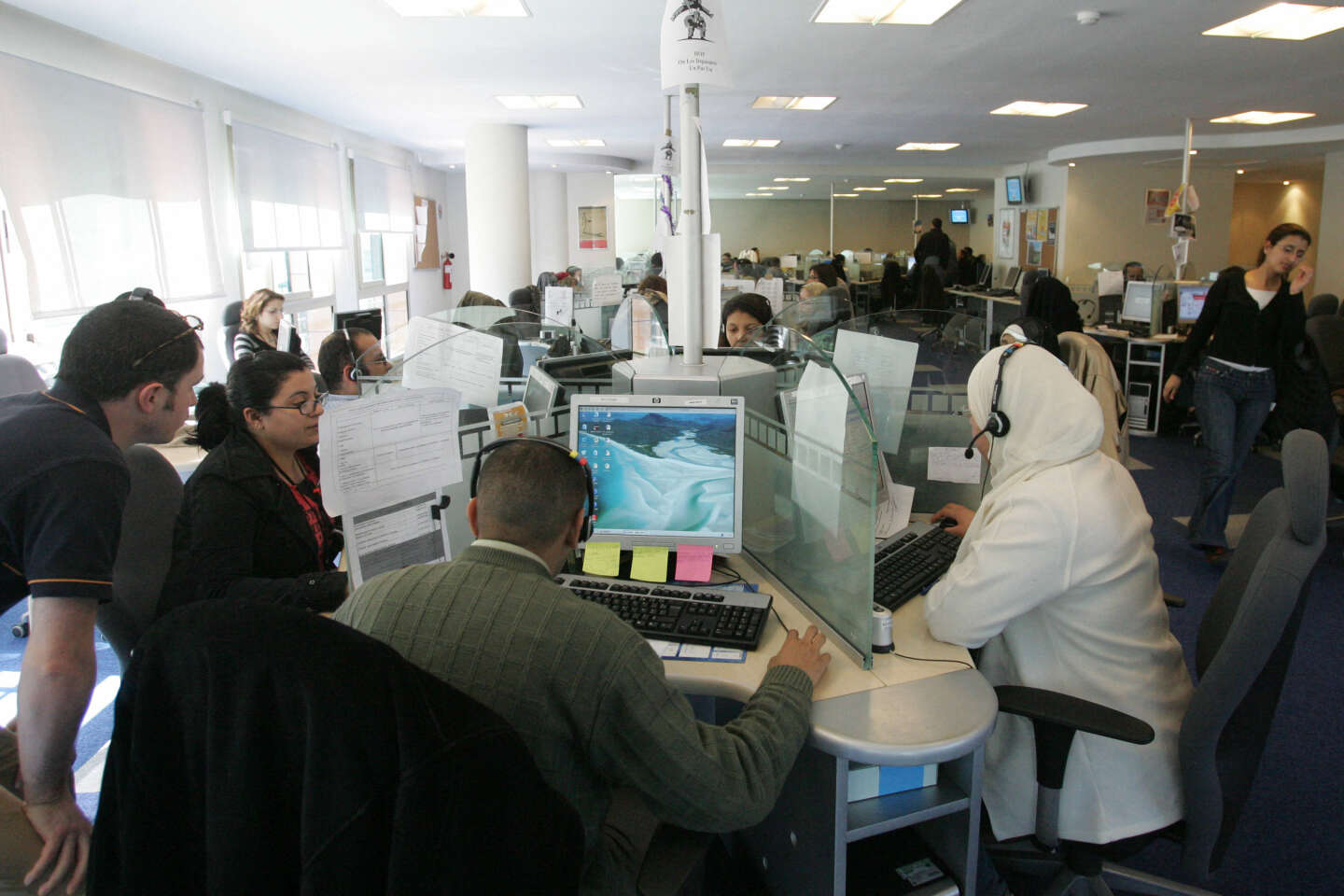With 90,000 employees in Morocco and over 20,000 in Tunisia, call centers in the Maghreb are on the front lines of the employment battle that comes with the rise of artificial intelligence (AI). Since the early 2000s, the former has focused heavily on outsourcing customer relations, one of the main sectors creating net jobs in the country: an average of 10,000 per year.
For all its activities, outsourcing of services has never weighed so heavily: 1.6 billion euros for exports in 2023, the same as for aviation. Income mainly comes from France. Despite increased competition in Africa, the Shereef kingdom still captures half of the tricolor market share outside France.
The release of the Swedish fintech Klarna, which in February praised the success of a tool designed in collaboration with OpenAI, the maker of the conversation robot ChatGPT, which in the after-sales service is able to “work equivalent to 700 full-time employees” However, this does not seem to worry the thirty or so companies that share most of the region’s market. “If generative AI had arrived fifteen years ago we would have been shaken up, but the configuration is different today”, estimates Youssef El Aoufir, co-founder of Intelcia in 2006, present in Morocco and Tunisia with more than 10,000 employees and a turnover of 734 million euros in 2023.
“The role of humans remains dominant”
For the simplest requests, recent advances in AI have accelerated the automation of low-value-added interactions, but Intelcia emphasizes more complex services that require “It is still difficult to automate”. The company was acquired by Altice in 2016 and counts public institutions and a housing finance organization among its French clients. So many situations where advisors not only provide information, but also have to manage irregularities, says the co-founder.
Human presence is even considered essential in certain delicate configurations, such as when it comes to retrieving a lost customer. “In these types of scenarios, the role of humans remains predominant, because it involves averting crises that may be unpredictable”says Redouane Mabachour, General Manager for the Maghreb of Concentrix + Webhelp, this giant with a turnover of 7.1 billion euros in 2023 and employs 13,000 people in the region.

